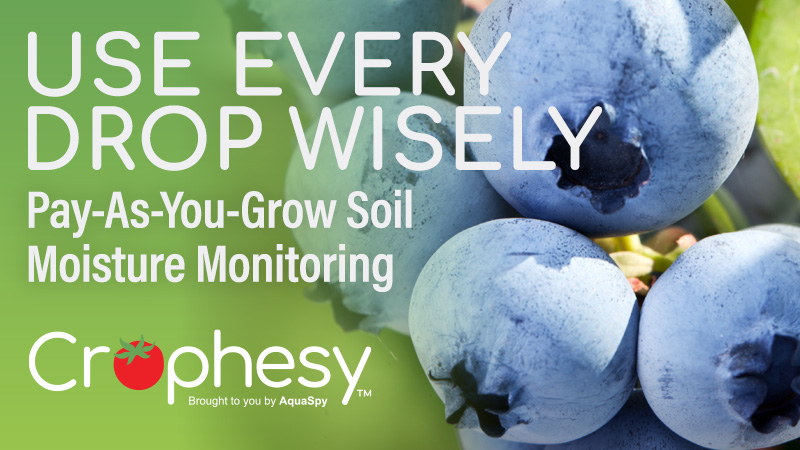California Forms Climate Change Board
California’s specialty crops account for more than half of the nation’s fruits, vegetables and nuts as well as nearly $7 billion dollars of exports worldwide. According to the California Department of Food and Agriculture (CDFA), the state’s production of diverse specialty crops is threatened by potential climate-related phenomena, including reduced water supplies, increased plant heat stress, decreased chill hours, shifts in pollinator lifecycles and increased influx of invasive species.
Climate change and its impacts are frequently discussed in the agricultural community, but there is a need for a strategic evaluation of these risks as well as a compilation of potential solutions. To address this need, CDFA Secretary Karen Ross announced Thursday the establishment of a consortium of growers, educators, and technical experts in California to study and make recommendations on strategies for climate change adaptation. The intended outcome of this consortium’s work is to help growers prepare for future impacts from climate change through practical, strategic solutions.
The consortium will consist of:
- Four members from different agricultural associations and commodity groups in California
- One grower of each of the following specialty food crops; grapes, strawberries, almonds, tomatoes, walnuts, lettuce, citrus, pistachios, broccoli, and tree fruits.
- One scientist from the University of California system
- One Extension specialist from the University of California Cooperative Agriculture
- One scientist from the California State University system
- One member that is a licensed Pest Control Adviser/Crop Control Adviser
- One member that is an Agricultural Commissioner
- One member from the California Resource Conservation Districts
Four two-day workshops are planned: Modesto (November, 2012), Tulare (January, 2013), Napa (March, 2013), and San Diego (May, 2013). At each session, the consortium members will hear about recent scientific findings, consider information shared by stakeholders, and compile specific practical solutions for the adaptation of California’s specialty crops to climate change.
Recommendations made by the consortium will be made available to the secretary of CDFA and distributed to stakeholders with the goal of helping growers adapt to climate change impacts.
Attendance at these workshops by consortium members is mandatory. Travel expenses for the consortium members to attend the two-day sessions will be reimbursed.
Individuals interested in being considered for the consortium are encouraged to send a brief resume by Sept. 5, 2012 to the California Department of Food and Agriculture, 1220 N Street, Room 315, Sacramento, CA 95814, Attn: Carolyn Cook or via email [email protected].










